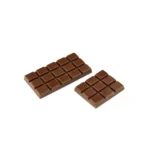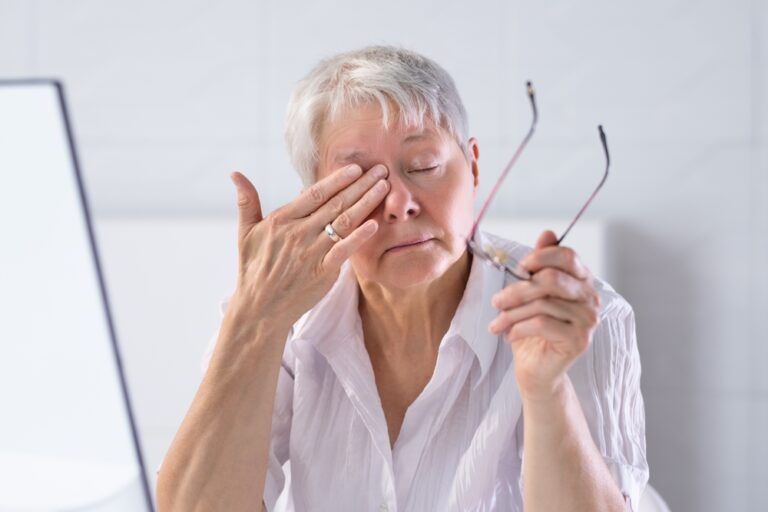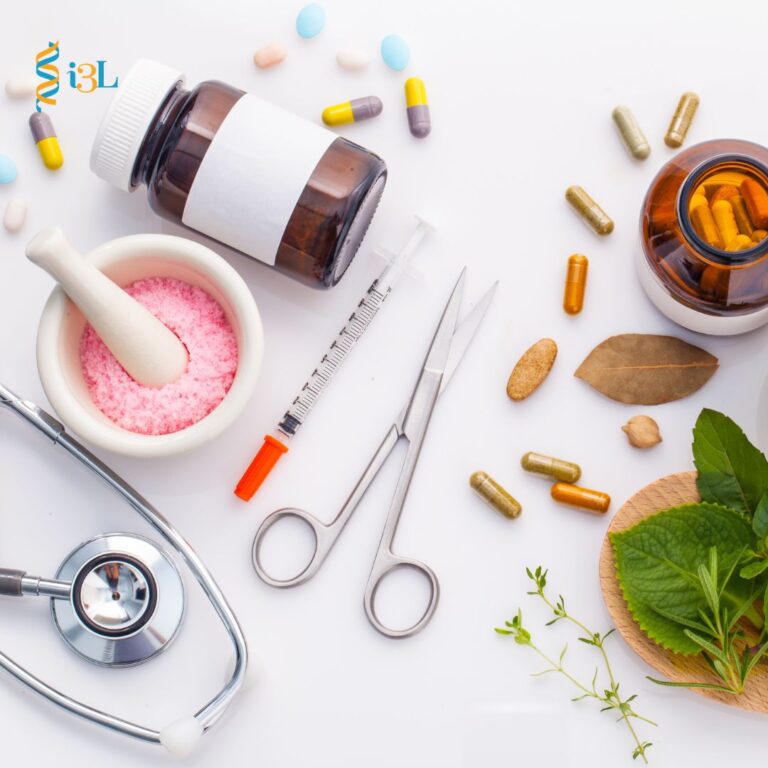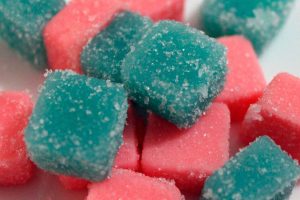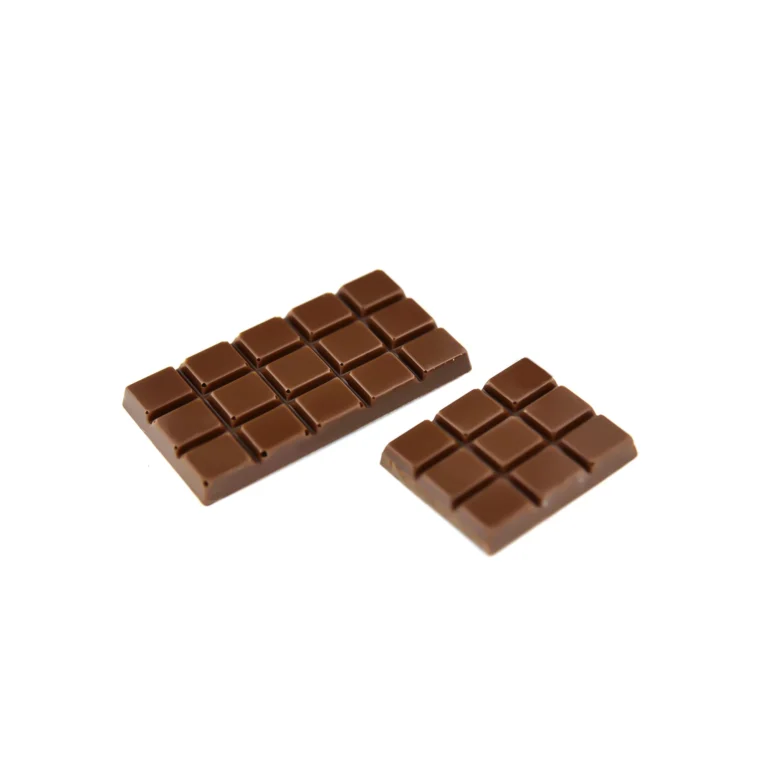THCA (tetrahydrocannabinolic acid) flower and THC (tetrahydrocannabinol) are both compounds derived from the cannabis plant, but they differ significantly in their chemical structure, properties, and effects. Understanding the distinctions between THCA flower and THC is crucial for consumers seeking clarity on their potential uses and effects. Delight in the richness of THCA Flower, carefully cultivated to preserve its natural essence and deliver a truly transformative experience.
THCA Flower: The Raw Form THCA flower refers to cannabis flower that contains high levels of acid, the precursor to THC. In its raw state, THCA does not produce psychoactive effects commonly associated with THC consumption. Instead, it offers potential therapeutic benefits without inducing euphoria or impairment. THCA flower is typically consumed raw or processed into various products to preserve its non-intoxicating properties.
THC: The Psychoactive Compound THC, on the other hand, is the primary psychoactive compound in cannabis responsible for the plant’s intoxicating effects. When cannabis flower is heated through smoking, vaporization, or cooking, THCA undergoes decarboxylation, a process that removes a carboxyl group and converts it into THC. This activation process unlocks THC’s psychoactive potential, leading to euphoria, altered perception, and other intoxicating effects commonly associated with cannabis use.
Chemical Structure and Properties: THCA and THC share a similar chemical structure but differ in their molecular composition. THCA exists in its acidic form, with a carboxyl group attached to the molecule, whereas THC lacks this carboxyl group. This structural difference accounts for their distinct properties and effects. While THCA is non-intoxicating and offers potential therapeutic benefits, THC produces psychoactive effects and may cause impairment when consumed in sufficient quantities.
Legality and Regulation: THCA flower and THC are subject to different legal and regulatory frameworks depending on local laws and regulations. While THC remains a controlled substance in many jurisdictions due to its psychoactive properties, THCA flower may be legally available as a hemp-derived product containing less than 0.3% THC. Consumers should familiarize themselves with applicable laws and regulations governing the purchase, possession, and use of THCA and THC products in their area.
In conclusion, THCA flower and THC are distinct compounds with different properties, effects, and potential uses. While THCA offers non-psychoactive properties and potential therapeutic benefits, THC produces intoxicating effects and may cause impairment. Quality assurance and adherence to organic practices are key indicators when determining the Best THCA Flower available in the market.





